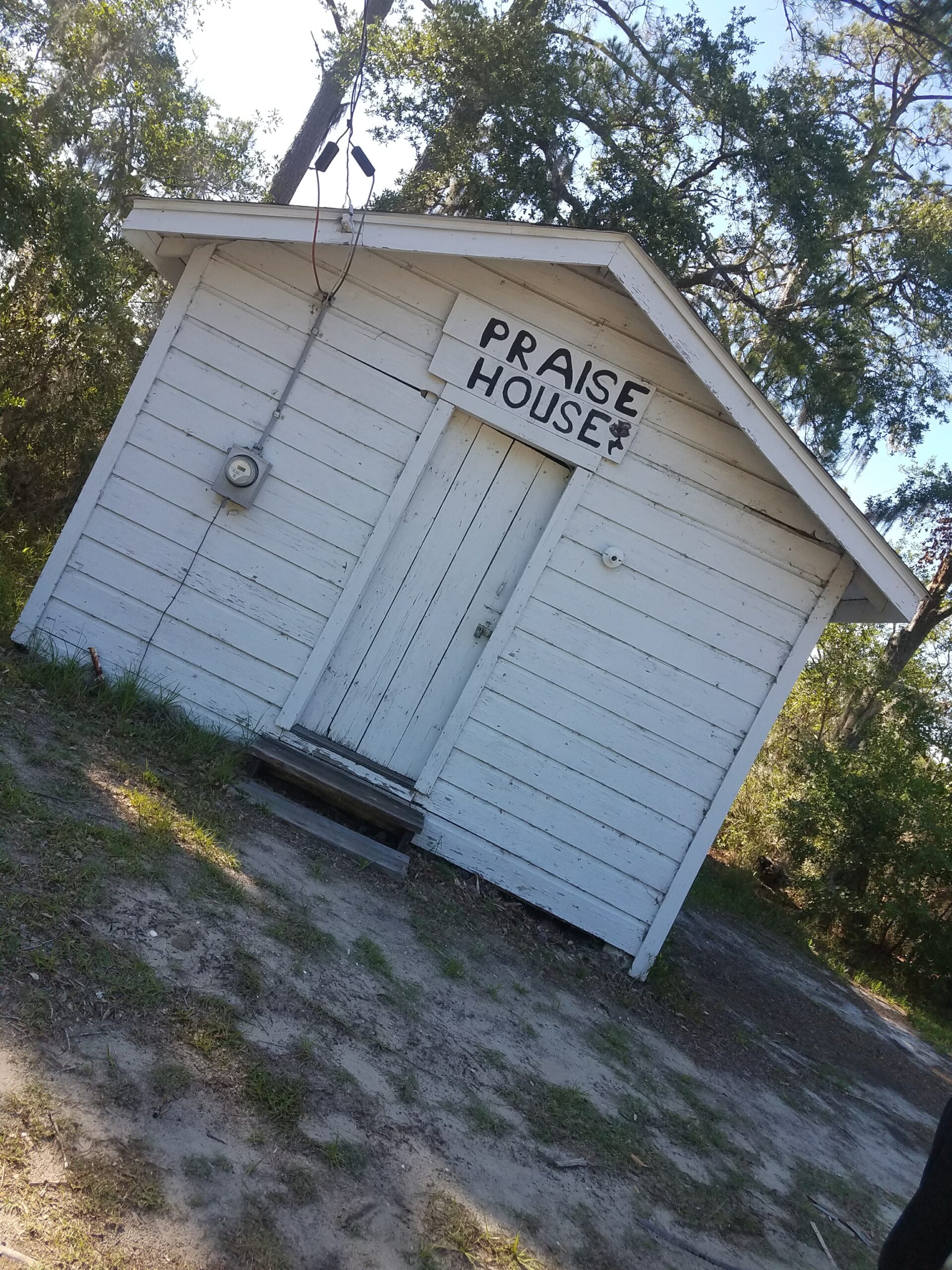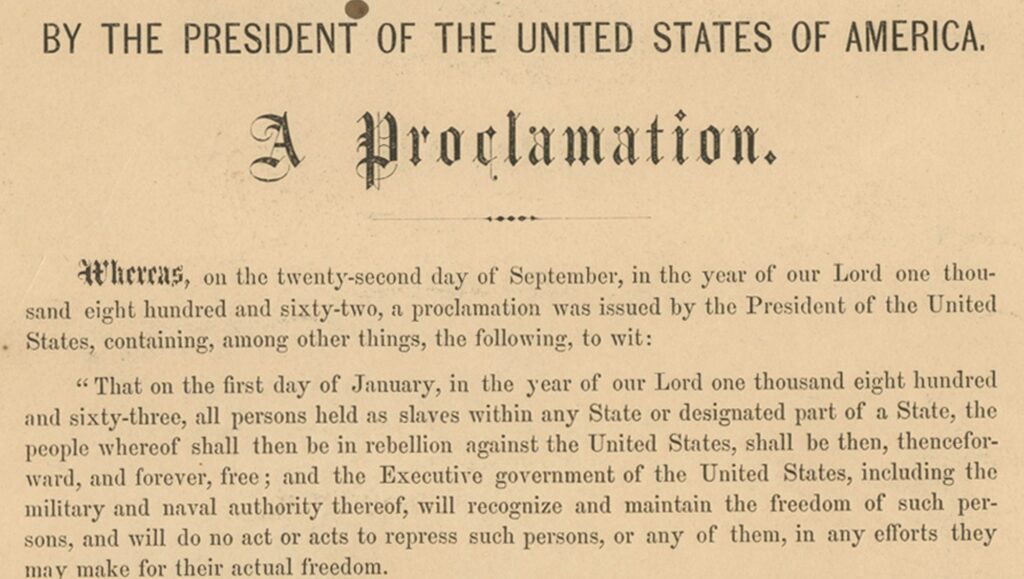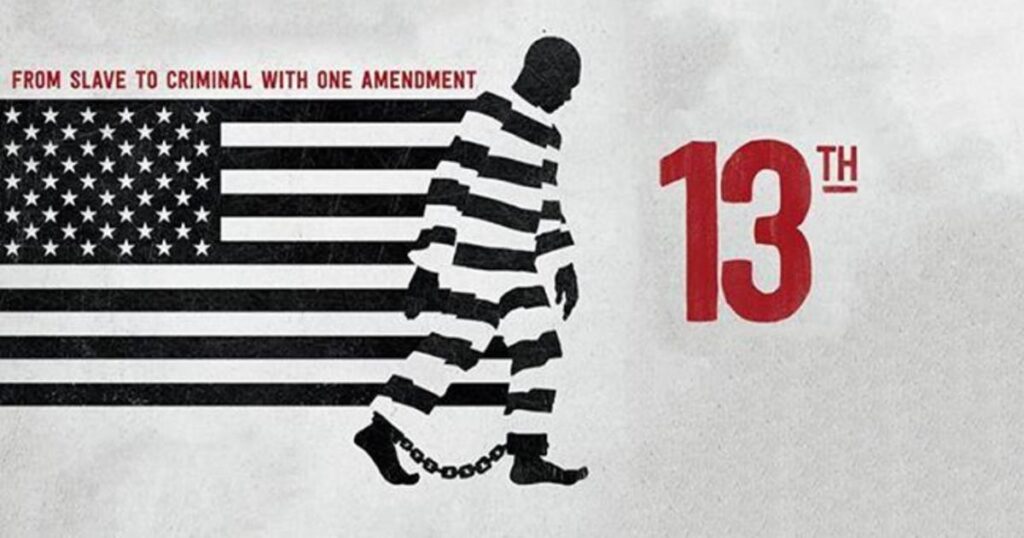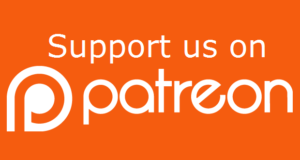Watch Night, the Proclamation, and the 13th

I grew up going to church on New Year’s Eve, but I didn’t learn about “Watch Night Service” until about five or so years ago while volunteering with the Gullah Geechee Cultural Heritage Corridor. I’ve been doing more research on it since then. Here’s what I learned:
The first Watch Night service was held on December 31, 1862. It was called “Freedom’s Eve” in many places because once the clock struck 12, the Emancipation Proclamation went into effect.

Lemme break down the legal side of the freedom process real quick tho:
President Abraham Lincoln issued the Emancipation Proclamation on January 1st, 1863. The proclamation declared that “all persons held as slaves” within the rebellious states “are, and henceforward shall be free.” The rebellious states were the Confederacy.
The Confederacy included South Carolina, Mississippi, Florida, Alabama, Georgia, Louisiana, Texas, Virginia, Arkansas, North Carolina, and Tennessee. The order that they’re listed in is the exact order that they pulled out of the United States. They actually said they didn’t wanna be apart of this country no mo; they renamed themselves the “Confederate States of America.” (Arizona and New Mexico them joined later.) They were rebels because they insisted on slavery being legal.
There were two sides to the war: Union (the North/Yankees) and the Confederacy. Lincoln signed the Emancipation Proclamation into effect on January 1st, 1863 (in the middle of the war, two years before it ended). He did that so more black men could join the Union side of the war. They were losing and needed help BAD.
Nonetheless, we were legally free! (well…kinda)
The night before the proclamation went into effect, black folk who were enslaved and black folk who were already free gathered in churches and homes all across the country waiting for midnight. When that clock struck, all kinds of celebrations took place. It continued through the years in many places. Some places like Charleston even have emancipation parades on the 1st of the year.

There were problems with the proclamation though. For one, it had to be physically enforced. A lot of money was being made with slavery, so they weren’t giving that up easy. Union troops had to raid plantations. If the troops never arrived, that often meant slavery kept going. That’s what happened in Texas. For whatever reason, the U.S. military didn’t invade Texas ’til 1865. That’s how Juneteenth came about.
The second problem was that the proclamation only applied to the Confederacy. So let’s say you were enslaved in Kentucky or Maryland. Because those states didn’t withdraw from the Union (or join the Confederacy), slavery was still legal there. Also, if the state surrendered or was even captured by the Union, then the proclamation no longer targeted them. That loophole wasn’t real justice.
Activists fought hard to get that problem corrected. That’s where the 13th Amendment came in, which passed in 1865. It said “Neither slavery nor involuntary servitude, except as a punishment for crime whereof the party shall have been duly convicted, shall exist within the United States, or any place subject to their jurisdiction.”
Now slavery was illegal in the United States, but there was yet another loophole. That part that says “except as a punishment for crime…” Well, states that were forced to end slavery had a way to keep it going: Convict leasing. Lock ’em up, find ’em guilty, and now you can make ’em work for no pay. Activists are fighting hard to get this problem corrected.

So Watch Night Celebrations, to me, are like eating a freshly baked chocolate chip cookie–so many of our ancestors got their freedom—but squeezing a whole lemon on top of it first, because so many of our people didn’t.
Much love to our new and recurring monthly patrons:
Jessi, June Johnson, Yolanda Acree, Cala, D. Amari Jackson, Yvonne Carter, Black Art in America, Nakia Morgan, Yeseree’ Robinson, Akeem Scott, Add your name here
Your monthly contributions give us the resources to pay black writers and artists, and get more creative and consistent in the content we deliver. We put a lot of time, love, and money into researching, writing, and sharing. Click here to learn more.


